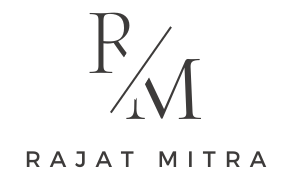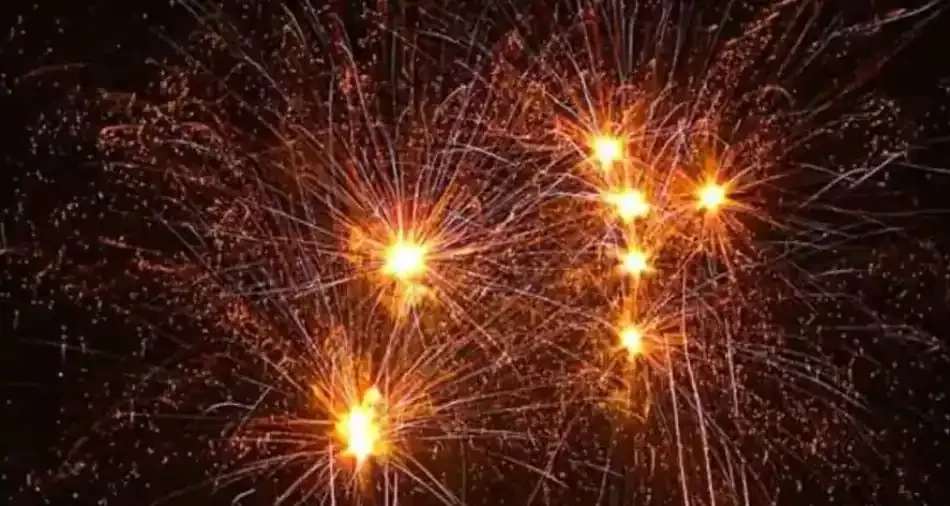“So what do you think about our civil disobedience?” asked a friend of mine on phone while wishing me for Deepavali.
“Sorry what movement did you say?” I asked a little puzzled by the excitement in his voice.
As a loud cracker burst nearby, he laughed on the phone and said, “You didn’t understand. That is the one I am talking about.”
It took a second to understand what he was saying and then it dawned on me. He was referring to the bursting of crackers as a civil disobedience.
“This movement has now begun,” he said. “It is directed against everyone who targets Hindu festivals and sensitivities. Hindus are finally waking up and have understood that they have been made a fool for all these years.” He carried on. “We protested against the Fab India ad, the Mangalsutra ad of Sabyasachi, the Godbharai ad of a Hindu girl by Tanishq. All of them attacked our sensibilities, showed zero sensitivity. Now, we Hindus seem to be finally waking up.”
“And do you know who supported me this time?” he asked barely containing his excitement, “My father who is ninety. It was he who suggested that my children go out and burst crackers. He has been against crackers all these years for the noise they created but this time he was angry. He called my son and gave a fifty rupee note to him from his wallet and said, “Beta, meri taraf se patakhe kharido aur phodo.” (Son, buy crackers from my side and fire them).
What has touched the ninety year old and ten year old to disobey, disregard a ban that till some years ago was quite successful and which has taken everyone by surprise?
“This is not going to end here,” my friend said. “Now, we will take this head on. Whether it is the court or the advertising or fashion industry or any forum, any selective attack on us will be dealt with not by silence and passivity but by resistance.” He went on to add how Hindus have been quiet all these years in the name of ‘secularism’ and will not be taken for granted anymore.
Are then the Hindus creating a civil disobedience and creating a movement and fighting against what they consider an attack on their symbols, religion and culture? Are they finally coming together to protect and preserve their roots, something that has been under attack for centuries overtly and frontally in the past but now more subtly by missionaries and conversion mafia?
“Where are you getting your inspiration from?” I asked.
“Nowhere,” my friend said. “This is totally from within, a hurt that slept inside us for centuries.”
Throughout history, Hindus have always been law abiding citizens. They have been adaptive and rarely rebellious. They have respected legitimate authority, court injunctions and rarely gone out of the way disobeying, even if it went against their religion. They have tried to coexist and even appease in the name of universality of all religions, a concept both dated and questionable surrounded by terrorism and conversions. No longer so. Even the Hindu sense of guilt has been written about as to what makes them passive, that makes it almost impossible to act with rage like other groups do in name of proselytization or conversion. It is one that created a shame and humiliation in them many times unlike any other group making them obey to unjust authority. Historically, Hindus have rarely been the first one to break laws in any conflict. They have rarely rebelled or turn aggressive unless provoked and pushed to the extreme. Is this then the first time that they have felt aggrieved over attacks on their symbols and culture and acted this way? Only history will answer that.
The civil disobedience movement started by trying to give the world a message that people who were written off as ‘meek’ have a power within that could turn into a collective and upset the oppressive powers. The irony is that Mahatma Gandhi, the father of the nation, never gave any voice separately to Hindu aspirations and hopes even though they needed it the most but constantly played it down in the name of secularism. The earlier disobedience movements therefore, led the Hindus to turn more passive, a generational trauma that has continued unabated till today.
Civil disobedience, also called passive resistance is defined as the refusal to obey the demands or commands of a government or power, without resorting to violence or active measures of opposition, its usual purpose is to force concessions from the government or those in power.
The latest disobedience movement to burst crackers is perhaps unique in the annals of the Hindu psyche. Never before Hindus in such large numbers have risen collectively as an effort to say ‘No’, both silently and without aggression. There is a subtle message in it too that a people long suppressed will not be taken for granted anymore with orders that are arbitrary, selective and discriminatory. They are also saying that they understand the so called false secularism that has kept them chained.
Today, one feels there is a rising hurt and anger in a people that seems to pervade the national consciousness and the psyche. This anger is felt to be legitimate, a trans-generational trauma felt by a people who have come to the end of the road after long period. It is realizing that their aspirations to coexist has been belied and crushed. Does then the rest of the world need to understand this deeply felt emotion that has rarely surfaced, hurt a nation and its people again and again? Doesn’t it say something of a people who have been one of the most tolerant, most peace loving people and who for records have sheltered, protected and supported many people facing persecution?
In that regard, the celebration of Deepavali across the world capitals, the lighting of Diyas and the greetings by world leaders is a sign that slowly and finally some are beginning to acknowledge this pain. I fervently hope that this emotion be understood by people, especially by those who have devalued, demeaned a culture and a civilization without understanding the pain they have caused.
Nothing binds people together and makes them rise more than a shared history of pain and persecution. The Hindus may be said to have reached that point in time and history. The importance of this moment is that it will be transformative and deeply healing for all. I may say with humility that a billion people are waiting for that to happen.
Rajat Mitra
Psychologist, Speaker and Author of ‘The Infidel Next Door’

